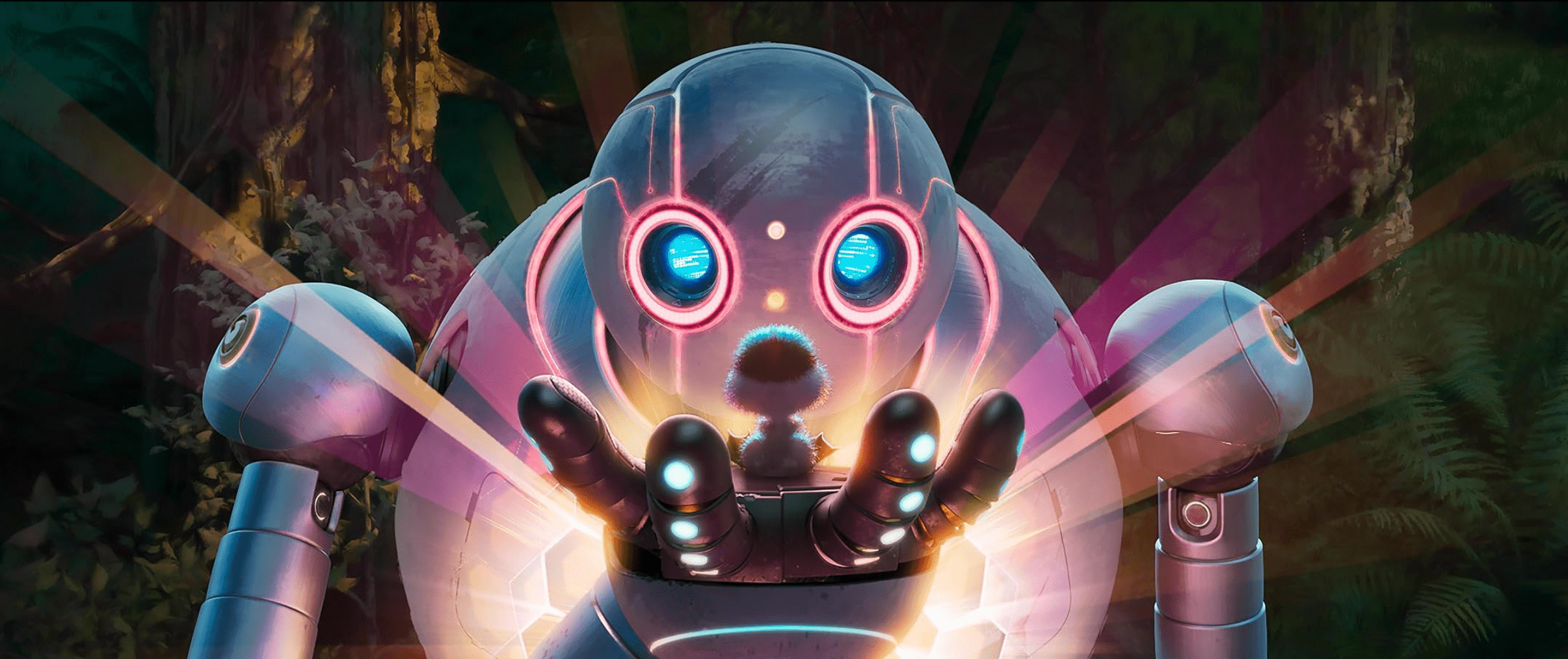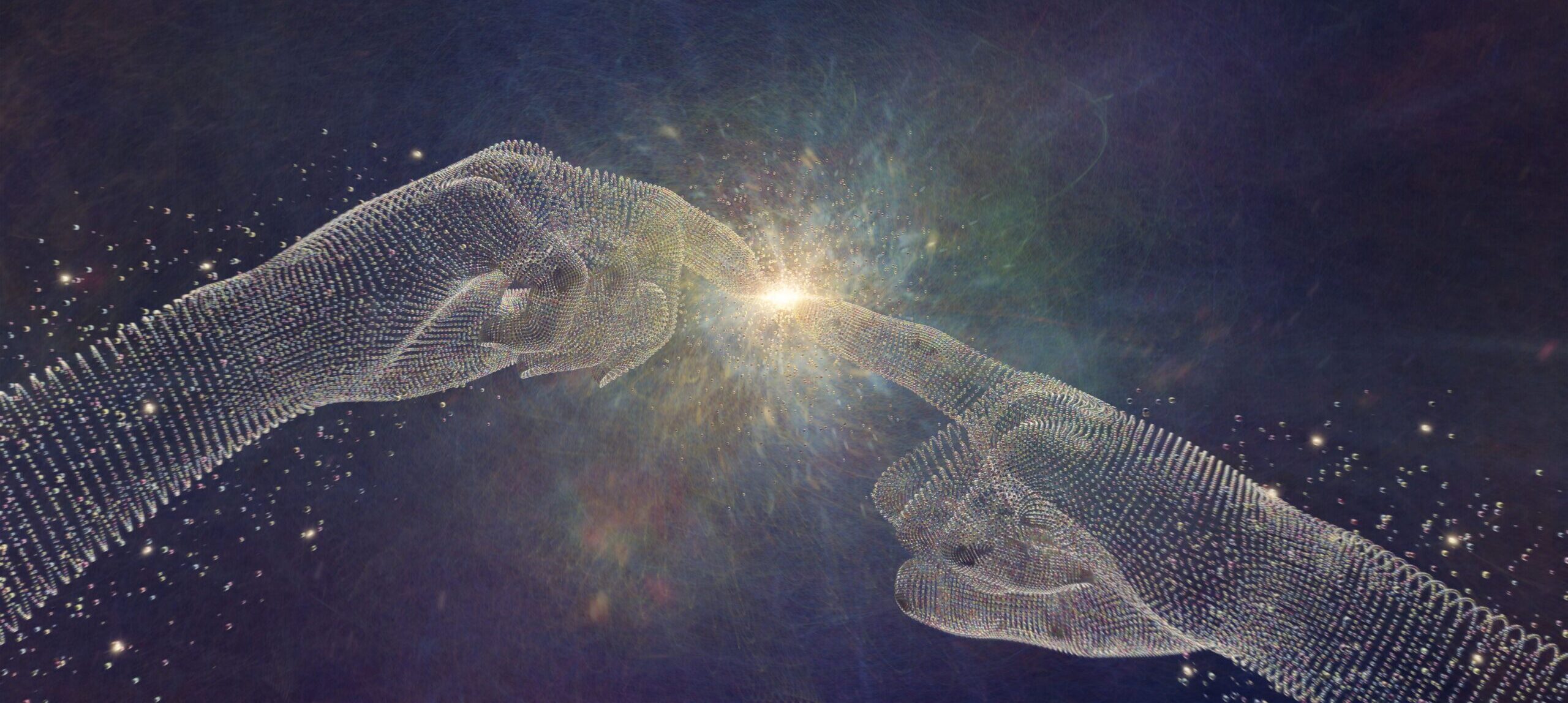The Once and Future Liberal:
After Identity Politics
By Mark Lilla
(HarperCollins, 2017)
A new specter is haunting America: the specter of “coming apart.” Almost six years ago, when Charles Murray published his book with this title, two other keen interpreters of the American scene—Thomas E. Mann and Norman Ornstein—warned us that “it’s even worse than it looks.” The seeds of partisan polarization, they claimed, are deeper and had been planted much earlier than we think. They presented the Republican Party as ideologically extreme, scornful of compromise, and skeptical of scientific facts. Things may seem to them a little better on the other side of the political divide, but even there the situation is far from perfect. Revelations since the 2016 election point to a Democratic Party without compass and whose internal procedures appeared to have been rigged to favor one particular presidential candidate in the 2016 primaries.
The electoral triumph of Donald Trump signaled what seems to be the end of a long political cycle. Although it took many by surprise, the rise of Trumpism has been in the making for some time. At the beginning of the new millennium, only a decade after the triumphant end of the Cold War, Americans found that there are not one but two Americas, which have less in common than previously thought. In Red America, according to stereotype, people drink mass-produced domestic beer, work in manufacturing or agricultural jobs, drive pickup trucks, and send their kids (when they can afford it) to community colleges. When they want to celebrate something, they go to Cracker Barrel.
No such things happen in Blue America, sprinkled with “Latte Towns” and “super” zip codes, the affluent enclaves described by David Brooks in Bobos in Paradise and Charles Murray in Coming Apart. In these places, the connection to the Internet is strong, the supply of arugula, chard, and kale abundant, and coffee comes in many sophisticated flavors and types. In the Blue bubbles of America, people go to posh restaurants where they can order sea bass and easily explain the subtle differences between Barolo and Brunello wines. One may wonder what, if anything, these “Latte Towns” and super zips have in common with the middle and southern parts of the country. It is as if they inhabit different planets held together by links that might break at any moment.
At the very least, this is a hypothesis that may no longer be easily dismissed, warns Mark Lilla in his latest book, The Once and Future Liberal. This is a short and incisive book with a sharp and timely message. Lilla writes as a self-declared “frustrated American liberal” who seeks to convince his fellow liberals that their current political agenda centered on the politics of identity is ill-conceived and counterproductive. “Identity liberalism,” he warns, “has ceased being a political project and has morphed into an evangelical one.”
Rather than a genuinely political vision of America’s destiny, Lilla writes, the last several decades have been defined by “two tired individualistic ideologies intrinsically incapable of discerning the common good and drawing the country together.” Americans have lost the sense of “we,” he avers, and live today in a “fractured republic” (in Yuval Levin’s words) that appears more like a “campsite” of strangers than a genuine community of citizens sharing meaningful bonds. In other words, we inhabit a world of “elementary particles”—a phrase borrowed from the French novelist Michel Houellebecq—mired in materialism and hedonism, moral relativism, and extreme individualism.
Lilla believes that the main cause of this condition is the uncritical embrace of extreme individualistic ideologies on both sides of the political spectrum. On the right, Lilla claims, the “Reagan Dispensation” ended up fostering a hyperindividualistic society that made people suspicious of talk about the common good. Eventually, the Republican Party became fixated on tax cuts, gun control, and abortion, and on most questions came to fetishize individual freedom at the expense of duties. What we are witnessing today, Lilla suggests, is a direct consequence of this turn toward a Manichaean vision of politics—pitting the individual against the State—that leaves no room for compromise.
The left, too, has ceased to think politically and has lost its older focus on elections and policy. It has abandoned its traditional concern with class and opted for a politics of personal identity based on a “disuniting rhetoric of difference.” This strategy has contributed to political fragmentation and paralyzed the left’s capacity to win office and pursue a legislative agenda. Every advance of liberal identity consciousness, Lilla believes, has marked a retreat of liberal political consciousness. Instead of trying to strengthen what we share in common, the left has embraced a new postmodern mantra, consisting of new concepts such as fluidity, hybridity, intersectionality, performativity.
In the end, Lilla claims, because of its antipolitical nature, the politics of identity is nothing but a form of Reaganism for lefties. As a result, we have not had a conservative and a liberal vision of politics; instead, we have had “just two tired individualistic ideologies intrinsically incapable of discerning the common good and drawing the country together.”
If Lilla plays here the role of diagnostician, he also offers a prescription—equal citizenship—that, he hopes, might prevent us from breaking further apart. He calls for pragmatism and wants his colleagues to give up their high-brow moralism and concentrate on winning local elections: “We need no more marchers. We need more mayors. And more governors, and state legislators, and members of Congress.” Asking allies on the left to avoid purity tests, he reminds them that “not everything is a matter of principle” and democratic politics is inseparable from compromise and trade-offs. According to Lilla, liberals’ focus should be on persuasion rather than self-expression. The latter is a depoliticizing strategy unlikely to gain much traction in Middle America, where, as he puts it, “Wi-Fi is non-existent, the coffee is weak, and you will have no desire to post a photo of your dinner on Instagram.”
These are harsh words, and Lilla’s polemic will not find many supporters on either side of the political spectrum. This is not a book whose aim is to convince the audience, but one that seeks to provoke and unsettle. Many will find it irritating, and some reviewers have not been shy about showing their skepticism toward Lilla’s understanding of identity politics and displeasure with his mordant and occasionally moralizing tone. This should not have come as a surprise to Lilla, who embraces the role of a gadfly with little patience for American self-righteousness. Americans, he believes, are a “fanatical people” prone to magical thinking. His task, therefore, is to remind them of uncomfortable truths.
Addressing his younger and more narcissistic left-wing readers, Lilla calls on them to reject the “Facebook model of identity” that presents the self as a mere “homepage” and personal brand. According to Lilla, alliances based on public displays of virtue can never be anything more than “marriages of convenience.”
When it comes to his fellow academics, Lilla minces few words. He insists that we need more arguments and fewer taboos, taking fellow liberals to task for having helped create universities that are little more than theaters for pseudo-political “operas and melodramas.” He reminds those who emphasize trendy concepts of difference and intersectionality that they are challenging the very possibility of shared citizenship. Without citizens, Lilla argues, there can’t be any liberals.
In one of the arguments that has attracted the most opposition from the left, Lilla contends that the methods of Black Lives Matter are the wrong way to build civic solidarity. He insists that the movement sets the bar too high by indicting the whole of American society for structural racism rather than responding to specific abuses of police authority. Moreover, Lilla suggests that the personal focus on Trump by the newly energized “Resistance” may be counterproductive. In his view, mere anti-Trumpism cannot be an effective form of electoral politics because “resistance is by nature reactive; it is not forward looking.”
To conservative readers, however, Lilla offers an equally harsh judgment, accusing them of failing to police their own camp and thereby making room for the likes of Sarah Palin and Donald Trump. These figures, he contends, achieved popularity with the Republican base through appeals to white identity, inflaming hysteria, and constant demonization of opponents. Lilla urges more sober members of the right to resist apocalyptic narratives that identify organic laws of decline or proclaim imminent disasters. And libertarians, too, will find little solace in these pages. Lilla believes that libertarianism, whose watchwords are “self-reliance and minimal government,” cannot offer a coherent political vision for the country as a whole.
There is much to agree with in this book and much to disagree with as well. One might point out that Lilla cherry-picks his targets and leaves out legal and policy developments associated with identity politics, such as affirmative action. His account of the civil rights movement may seem simplistic to those steeped in the history of mid-twentieth-century America. Other readers will question Lilla’s rather sentimental and abstract notions of citizenship and duties. A few may even be surprised to see a writer with connections to New York neoconservative circles embrace so openly the label of “liberal.”
But when Lilla calls himself a liberal, he may be referring to the European type of liberalism, which is center-right and about which he has written extensively. The Once and Future Liberal reminded me of Raymond Aron, a hero of my own latest book, Faces of Moderation. Aron’s passion for “thinking politically” led him to criticize almost everyone, including those who, in general terms, reached similar conclusions to his own. Lilla’s critique of identity politics—the new opium of the left—shares something with Aron’s rejection of ideological thinking and his trenchant criticism of the students’ revolt of 1968. Aron, too, was concerned about the depoliticizing tendencies of his time. He insisted that we are both private persons and citizens. Our democratic societies, then, are “citizens’ countries” that must properly educate their members. Not surprisingly, in his 1978 course at the Collège de France devoted to both liberty and equality, Aron spoke at length about the need for civic education.
Alas, Aron did not find many supporters in his native France, where many believed it was better to be wrong with Sartre than right with Aron. One hopes that Lilla will get a more favorable hearing on this side of the ocean. But in the end, he may share Aron’s solitary fate.
Aurelian Craiutu is professor of political science at Indiana University, Bloomington. His latest book is Faces of Moderation: The Art of Balance in an Age of Extremes.













